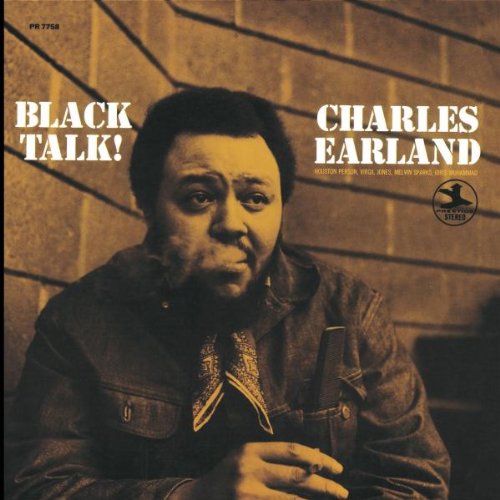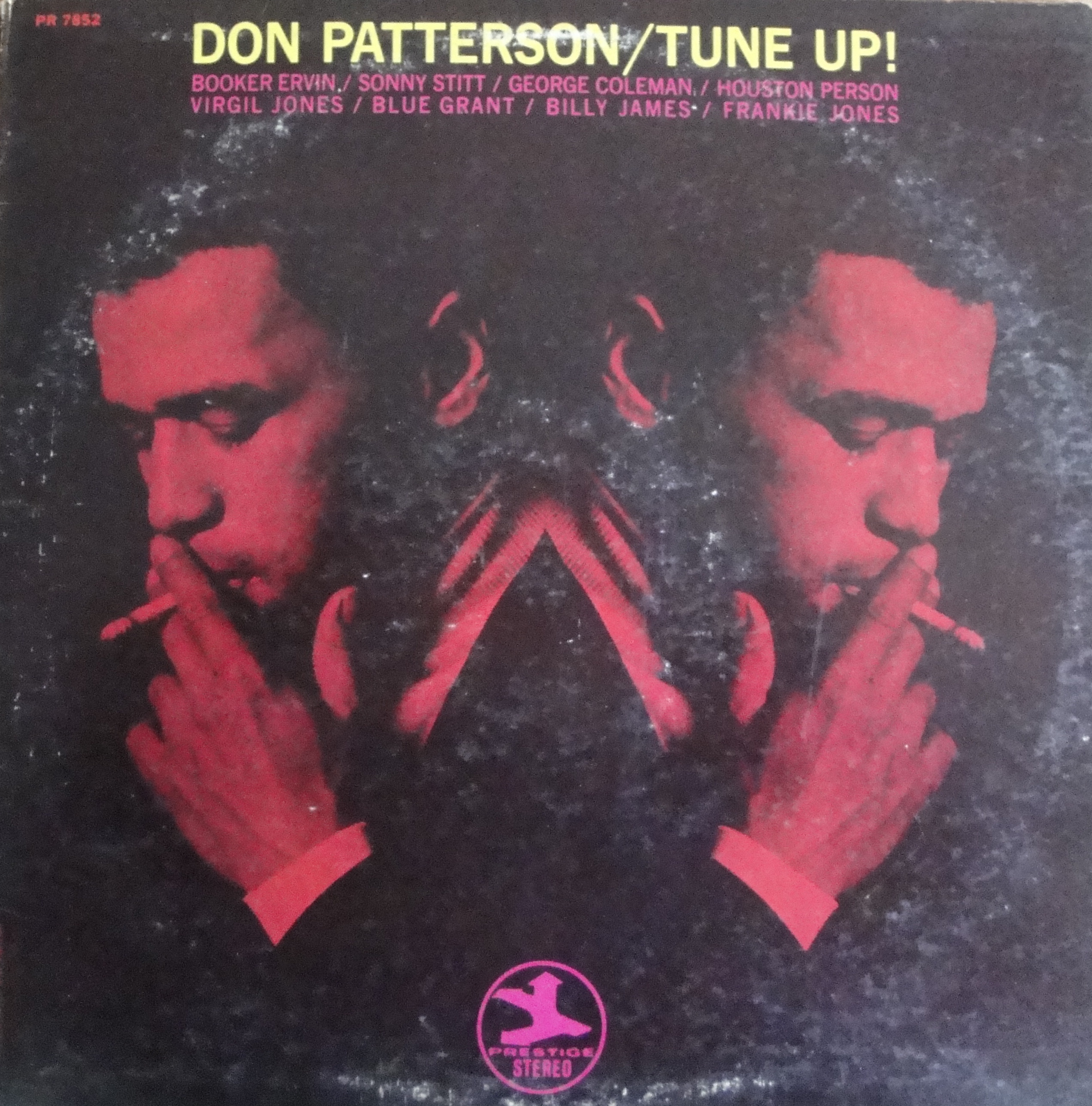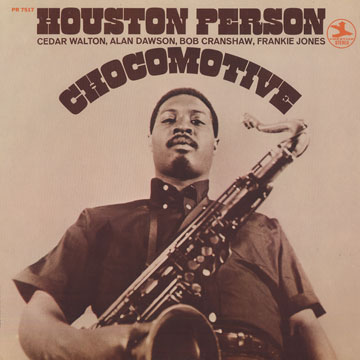GRANT GREEN AND JACK KINSELLA –
We heard from guitarist Jack Kinsella, a fine straightforward jazz guitarist from The Hague, The Netherlands, who also plays in the positively charming country band The Good, The Bad & The English. Kinsella uploaded a couple of rare tunes from The Real Thing session from tenor saxophonist Houston Person featuring guitarist Grant Green and organist Brother Jack McDuff.
Of course, all participants are the grooviest, but as a guitarist, of course Kinsella is specifically interested in ‘hero’ Grant Green, also a Flophouse Favorite as everybody who trespasses the premises frank and free is well aware of. In the early 1970’s, Grant Green had moved from New York City to Detroit. The most prolific artist of Blue Note in the early 1960’s, even eclipsing chart magnet Jimmy Smith as far as number of sessions is concerned, he gradually vanished from the scene in the mid-1960’s, largely due to his addiction to narcotics.
Green returned at the end of the decade, inspired by his feature on organist Reuben Wilson’s Love Bug and, with strong support of Francis Wolff, set up a new career as jazz funk guitarist. Green made a series of great albums, revered nowadays as jazz funk classics by aficionados (though there always has been a strong segment that considered him a sell-out to real jazz at this point) and good sellers. Although Green remained quite frustrated at not having reached the kind of fame like Kenny Burrell, Barney Kessel and Wes Montgomery, who had passed away in 1968 after a run of extremely successful commercial albums.
Green was recently divorced and bought a house in Detroit. Motor City had always been a place where black people, secured of regular jobs in the automobile factories, owned more homes in general than elsewhere in the USA. Motown had left to Los Angeles but people still appreciated good ‘n’ groovy black music. One of the centerpieces of action was Watt’s Club Mozambique. How great the atmosphere and music was at this club can be heard on organist Lonnie Smith’s Live At Club Mozambique (recorded in 1970) and Green’s Live At Club Mozambique, (recorded in 1971 and also featuring Person and Muhammad) both ‘previously unreleased’ Blue Note albums from, respectively, 1995 and 2006.
Green was a regular musician on the stand of Club Mozambique. Another album, The Real Thing, by the great tenor saxophonist Houston Person, a double LP, was recorded in March 1973 and released the same year on Eastbound. It featured, in different line-ups, trumpeter Marcus Belgrave, organists Brother Jack McDuff and Sonny Phillips, bassist (and Motown ‘Funk Brother’ legend) James Jamerson, drummers Idris Muhammad and Hank Brown and singers Etta Jones and Spanky Wilson. A solid album of pop, funk, blues and ballads. Listen to The Ohio Players’s Pain here.
Green appeared on five tracks on the official release. Kinsella found a bonus track on a compilation CD, Lester Leaps In, listen here. Great to hear Green, McDuff and Person in a straight-ahead mode. Next, Kinsella uploaded the funky Grazy Legs from the CD version, better quality than the vinyl rip, listen here.
Kinsella also mentions an upload from Big John Patton’s Blue John album featuring Grant Green from 1963, only released on CD in Japan in 2004, five bonus tracks including Green’s Jean de Fleur, five months before Green’s recording on his seminal Idle Moments, listen here.
Green is beautiful.









